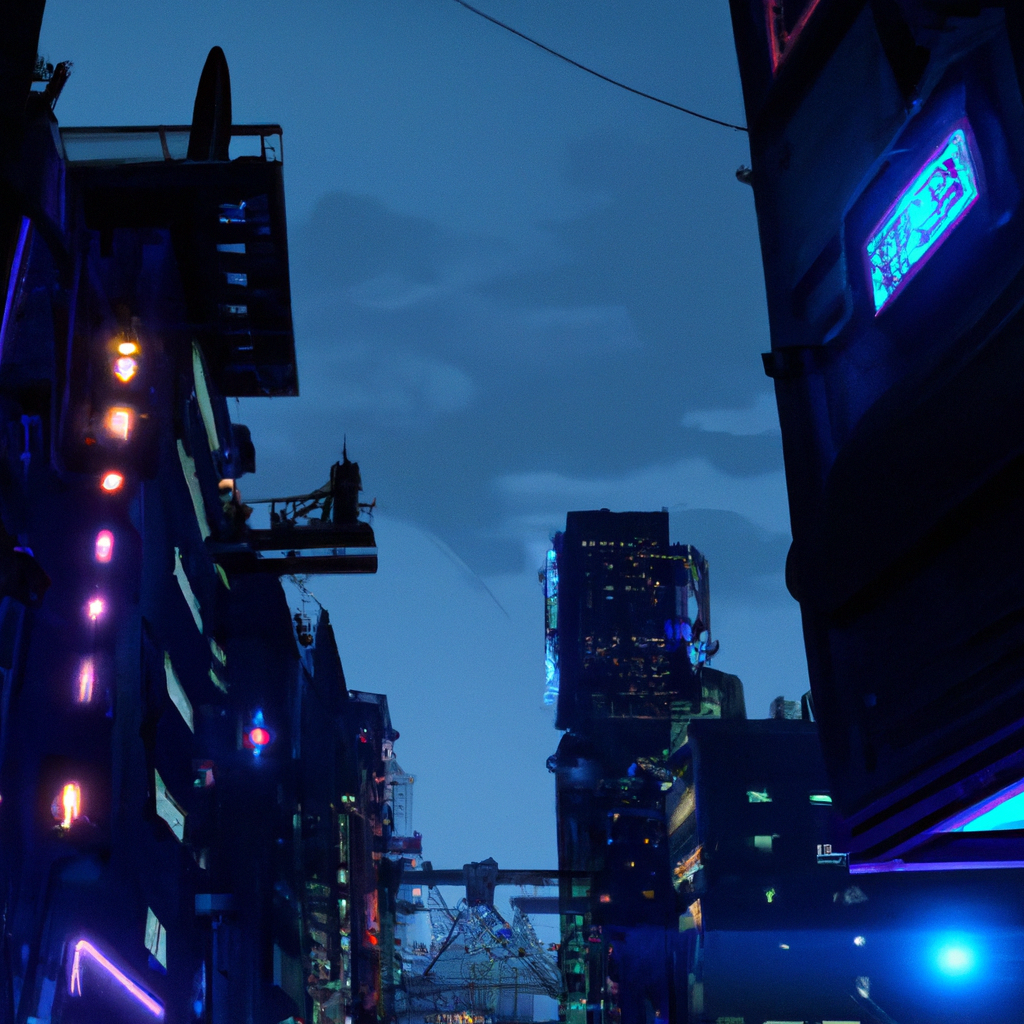The advent of interactive entertainment, primarily facilitated by the gaming industry, has brought about significant changes in the technological landscape. One interesting facet of this dynamic industry is the roaring trend of ‘modding’ or modifying games. Game mods, created by fervent players and zealous coders, not only enrich the gaming experience but also drastically influence game development itself.
Modding communities, the breeding grounds of such innovative creations, have come to be known as the unsung heroes of the gaming industry. They have an undeniable impact on game development in several ways, including prolonging a game’s lifespan, creating a testing ground for developers, and even serving as a talent pool for the industry.
Firstly, the impact of modding communities can be seen in the extended lifespan of some games. By continuously introducing fresh content, whether it consists of new characters, missions, or environments, modders keep games alive and interesting well beyond their original expiration date. Take, for instance, Bethesda’s “The Elder Scrolls V: Skyrim”, a game whose popularity has been sustained for nearly a decade, largely thanks to its active modding community. This kind of prolonged interest in a game can mean greater profitability for developers and publishers.
On another note, modding communities have transformed into a testing ground of sorts for game developers. The feedback loop within these communities allows developers to learn from the mods that become hits among players. It helps them understand what gamers want, what works, and what doesn’t. This can be especially helpful in the development of sequels or new titles. Valve’s “Counter-Strike” is a prime example of a mod-turned-full game, born out of the “Half-Life” modding community.
Moreover, modding communities have proven to be fertile ground for discovering new talent. Many modders have been hired by game development studios impressed by their creativity and understanding of game mechanics. The best example of this would be “DayZ,” a mod created for the game “ARMA 2.” Its creator, Dean Hall, was later hired by Bohemia Interactive, the studio behind “ARMA 2,” to develop a standalone version of the mod.
However, it is essential to acknowledge that game modding is not without its controversies. Issues around intellectual property rights, monetization of mods, and quality control can pose challenges. Game developers and publishers need to strike a balance between supporting creativity and maintaining control over their intellectual property.
In conclusion, the influence of modding communities on game development is profound and multi-faceted. These communities breathe new life into games, provide valuable insights to developers, and act as incubators for emerging talent. As the gaming industry continues to evolve, the symbiotic relationship between game developers and modding communities is bound to deepen, enhancing the gaming landscape for everyone involved.

